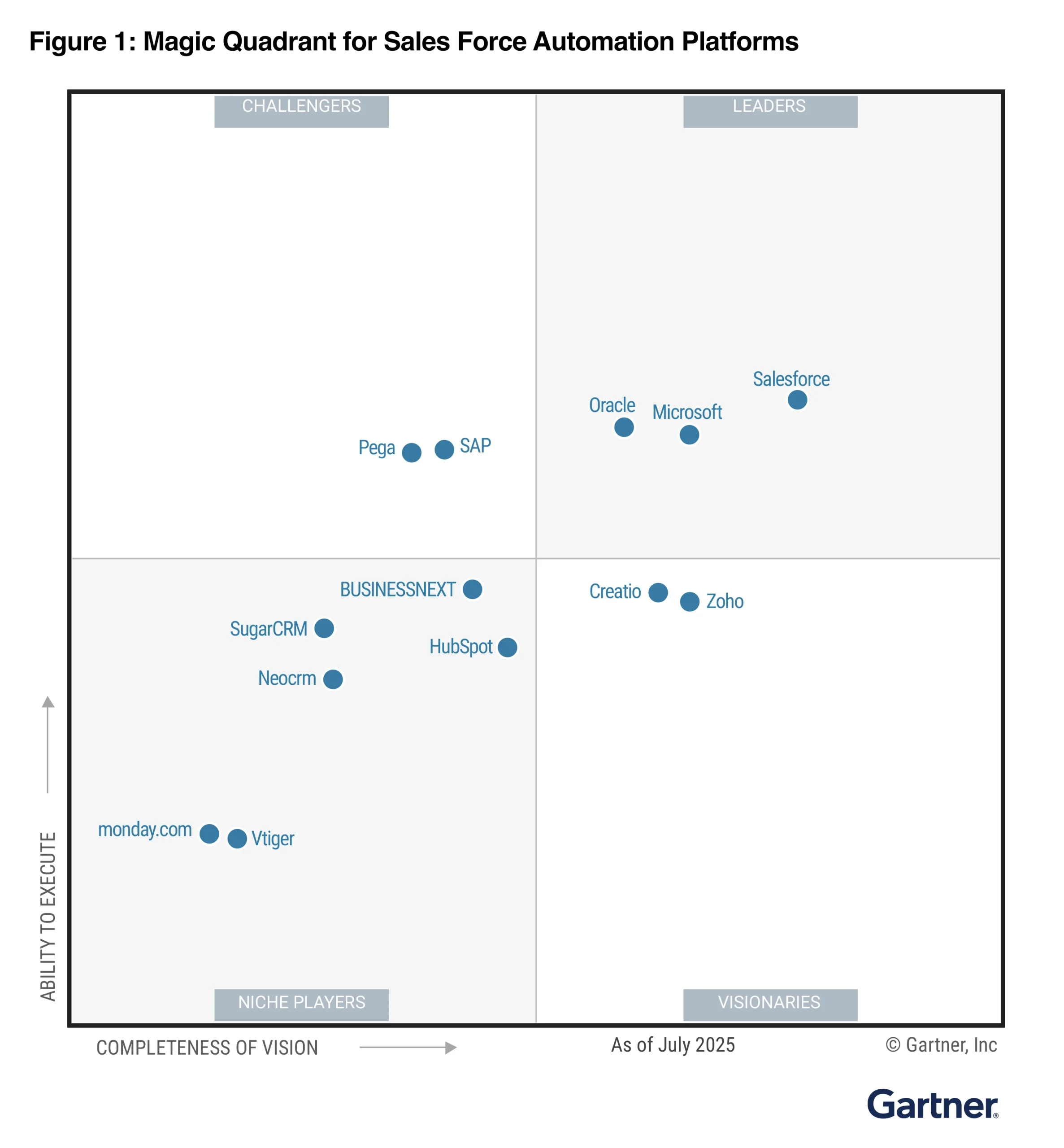This article is contributed. See the original author and article here.
For decades, growing revenue in business-to-business (B2B) sales meant expanding the sales team. More sellers, more deals. But AI is providing a once-in-a-generation opportunity to reimagine customer relationship management (CRM), and business leaders are keen to use its potential to boost sales outcomes and do more with less. Organizations are building the sales teams of the future by investing in generative AI and autonomous AI agents that can empower sales teams to deliver faster, hyper-personalized buying experiences—deeply understanding customer intent and proactively guiding decisions to influence pipeline.
Autonomous agents can handle the manually intensive parts of a typical sales workflow; for example, researching sales leads while allowing reps to spend more time in front of the customers selling and closing revenue. This is what we call agentic sales—where humans guide agents through fully autonomous workflows, transforming the sales journey and delivering meaningful customer engagements. Becoming an agentic sales organization is top mind for leaders, but many don’t know where to start.
Microsoft Dynamics 365 Sales
Close more deals and increase seller efficiency with an AI-powered CRM solution.

The pressure to deliver on customer expectations is higher than ever. Buyers want faster responses and better customer experience and are willing to walk away if those needs are not met. But with data barriers and organizational silos teams globally are struggling to meet these demands. In the face of these challenges, yesterday’s CRM systems are taking time away from what matters—building relationships and delivering personalized interactions across the sales journey. Sales leaders now rely on AI to provide sales insights and recommend next best actions from their customer data; and they are increasingly looking to agents to automate and augment work like researching, qualifying, and drafting outreach. Gartner predicts that by 2028, at least 15% of day-to-day work decisions will be autonomously through agentic AI, up from 0% in 2024.1
We’re excited to share that Microsoft has been recognized as a Leader in the 2025 Gartner Magic Quadrant* for Sales Force Automation for the fifteenth consecutive year.

How Microsoft is making selling easier
Reimagine resource-intensive workflows across the sales pipeline
Microsoft Dynamics 365 Sales enables sellers to boost sales outcomes and improve customer experience powered by a CRM system that embeds AI and agents throughout the key stages of the deal cycle. Sellers can develop, prioritize, and close pipeline faster by adopting a consistent cadence across teams with autonomous AI agents and Copilot. Dynamics 365 helps sellers stay on top of their deals and deliver high-quality customer engagements across touchpoints with AI-powered engagement guidance and real-time action recommendations. With conversational intelligence built-in, sellers get real-time call transcriptions, sentiment analysis, and actionable insights that help them stay focused and responsive. Sales managers are able to use these insights to scale winning teams and grow their business with intelligent forecasting. Sales operations leads are able to tailor the agentic sales solution to meet the needs of the business and deliver sales efficiency with trust and accountability.
Integration with an expanded ecosystem
Organizations can harness the breadth of the Microsoft Cloud to empower their sales teams with intelligent, connected experiences—easily integrating data, collaboration, and AI-powered insights. Integrated collaboration tools that streamline communication and drive accountability across marketing, sales, and service departments. Embedded Microsoft Teams chat within Dynamics 365 enables real-time discussions through dedicated teams and channels, fostering cross-functional alignment. With Microsoft 365 Copilot for Sales sellers can easily share opportunities, leads, and account information plus set up deal rooms directly in Teams with automatic sharing of data and files from Dynamics 365 Sales. Copilot in Power Apps makes it easier than ever to tailor the sales experience. Whether it’s customizing dashboards, building forms, or automating workflows, sellers can use natural language to optimize the user interface around how you work. It’s a smarter, faster way to extend Dynamics 365 Sales—without needing to write a single line of code.
Our customer’s success
Ricoh Japan drives digital transformation with Dynamics 365 Sales incorporating generative AI for enhanced sales capabilities and seamless integration with Microsoft 365.
Among the most significant benefits of implementing Dynamics 365 Sales for Ricoh was their new access to generative AI technology. As an example of how Ricoh Japan is using generative AI, product recommendations from four sources appear when users access the new system: from daily reports entered in Dynamics 365 Sales, from industry information on the web, from purchase history, and top-selling products by customer segment. “These all appear automatically,” says Kazunari Sakai, CRM Promotion Group Leader in the CRM Planning Office, Marketing Center, Digital Service Sales Division at Ricoh Japan. “Microsoft 365 Copilot is used to summarize Outlook emails as well as chats and meetings conducted using Teams.”
There are many strengths in our sales process that we have honed over a 20-year period and hope to carry forward. Dynamics 365 Sales integrates with Power Platform, a line of products facilitating low-code/no-code development and able to meet our Fit to Standard framework.”
—Makoto Nagai, General Manager of the CRM Promotion Office, DX Promotion Center, Corporate Planning Division, Ricoh Japan
As organizations continue to begin adopting AI agents, Microsoft is here guiding each team as they become an agentic sales organization built on trust and security in leading products like Dynamics 365 Sales.
1Gartner®, Top Strategic Technology Trends for 2025, October 2024
2Gartner, Magic Quadrant for Sales Force Automation Platforms, Adnan Zijadic, Guy Wood, Steve Rietberg, Wendy Butler-Mafuz, 21 July 2025.
*The report was titled Magic Quadrant for Sales Force Automation from 2007-2008. Microsoft was recognized as Microsoft Dynamics CRM from 2011-2014 and as Microsoft (Dynamics CRM Online) in 2015-2016. GARTNER is a registered trademark and service mark of Gartner and Magic Quadrant is a registered trademark of Gartner, Inc. and/or its affiliates in the U.S. and internationally and are used herein with permission. All rights reserved. Gartner does not endorse any vendor, product or service depicted in its research publications, and does not advise technology users to select only those vendors with the highest ratings or other designation. Gartner research publications consist of the opinions of Gartner’s research organization and should not be construed as statements of fact. Gartner disclaims all warranties, expressed or implied, with respect to this research, including any warranties of merchantability or fitness for a particular purpose.
**This graphic was published by Gartner, Inc. as part of a larger research document and should be evaluated in the context of the entire document. The Gartner document is available upon request from Microsoft.
The post Microsoft named a Leader in the 2025 Gartner® Magic Quadrant™ for Sales Force Automation Platforms appeared first on Microsoft Dynamics 365 Blog.
Brought to you by Dr. Ware, Microsoft Office 365 Silver Partner, Charleston SC.



Recent Comments